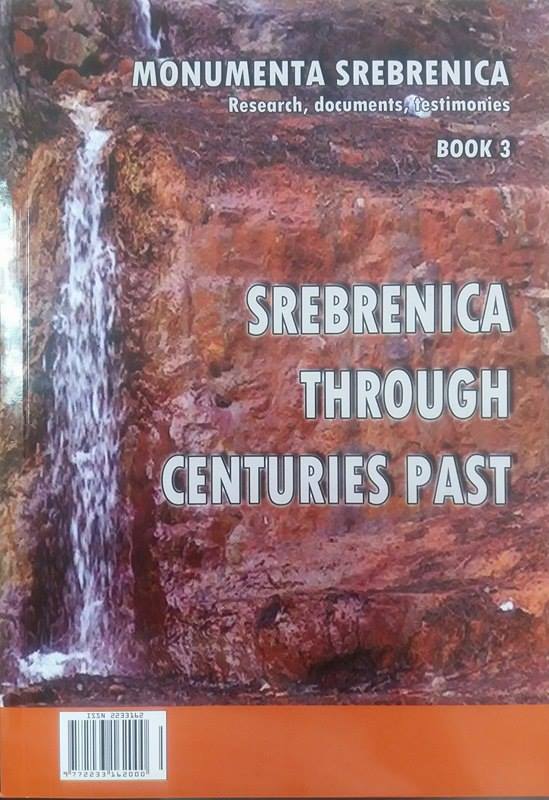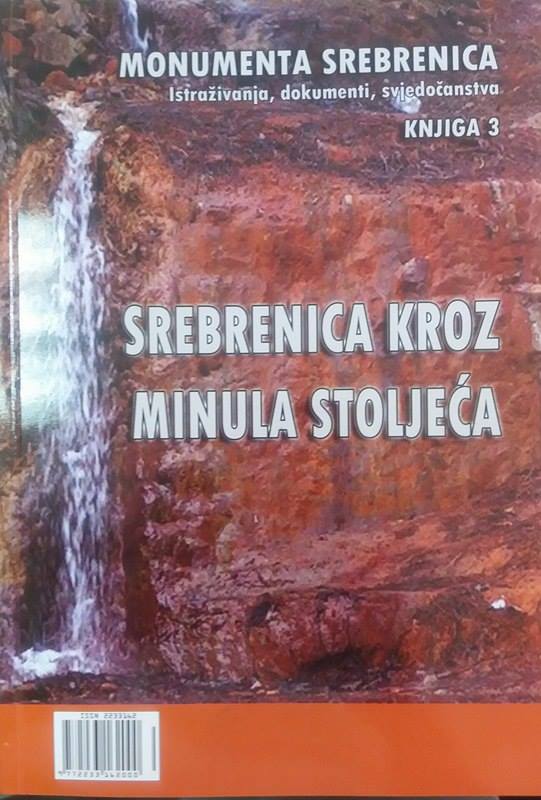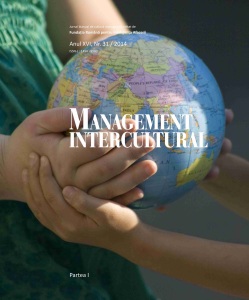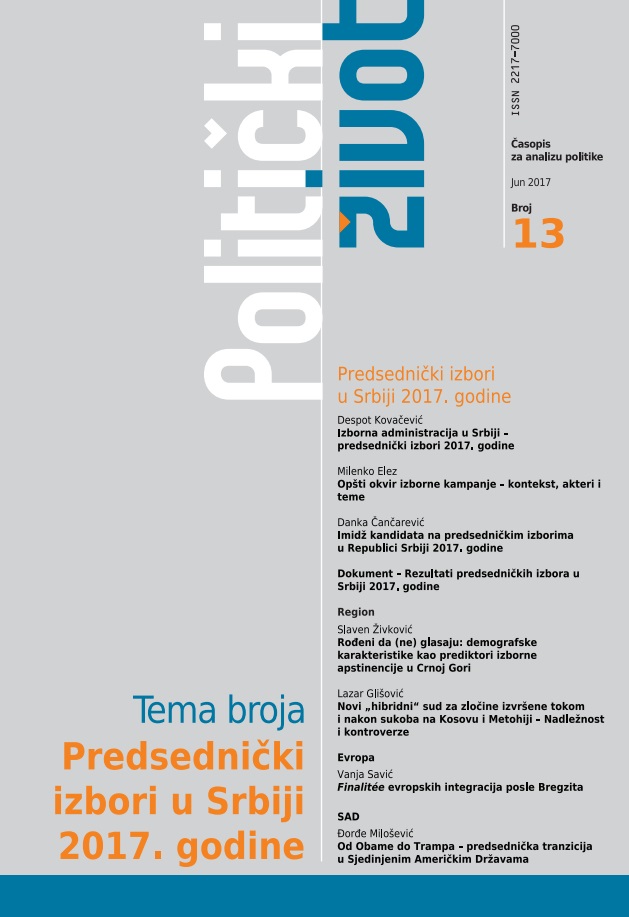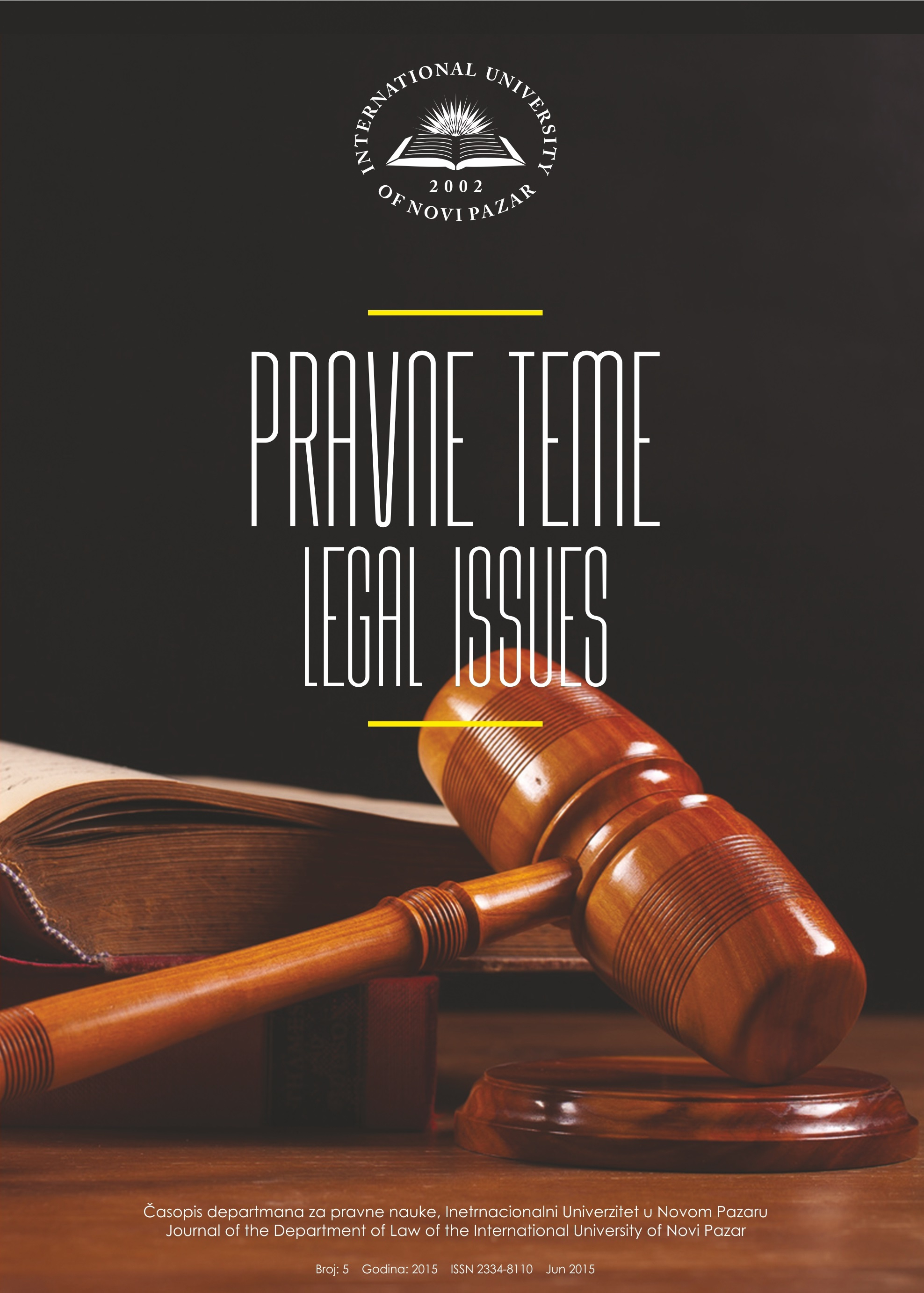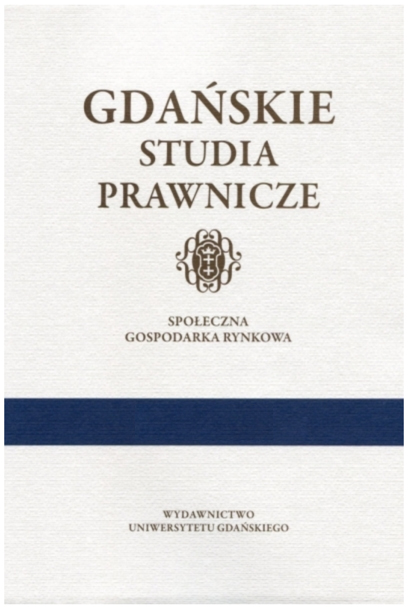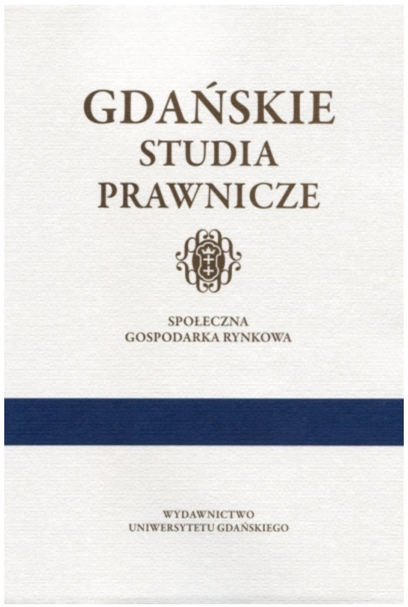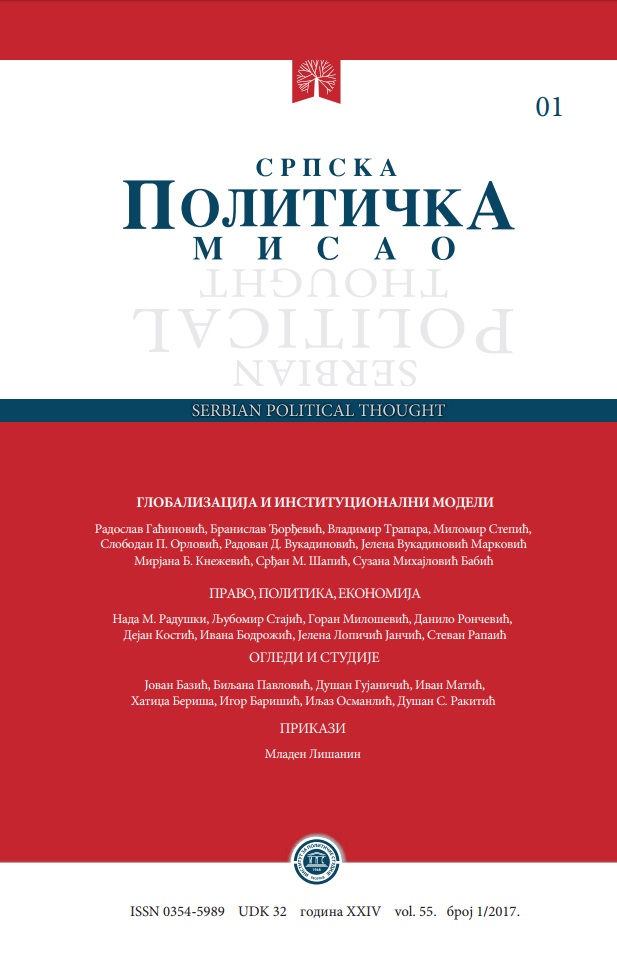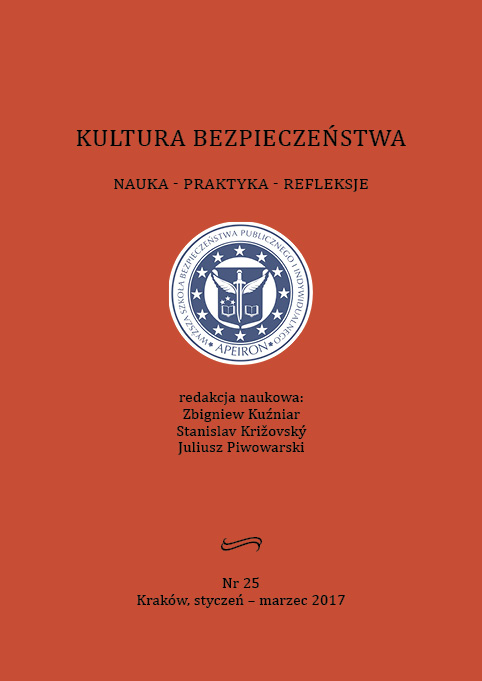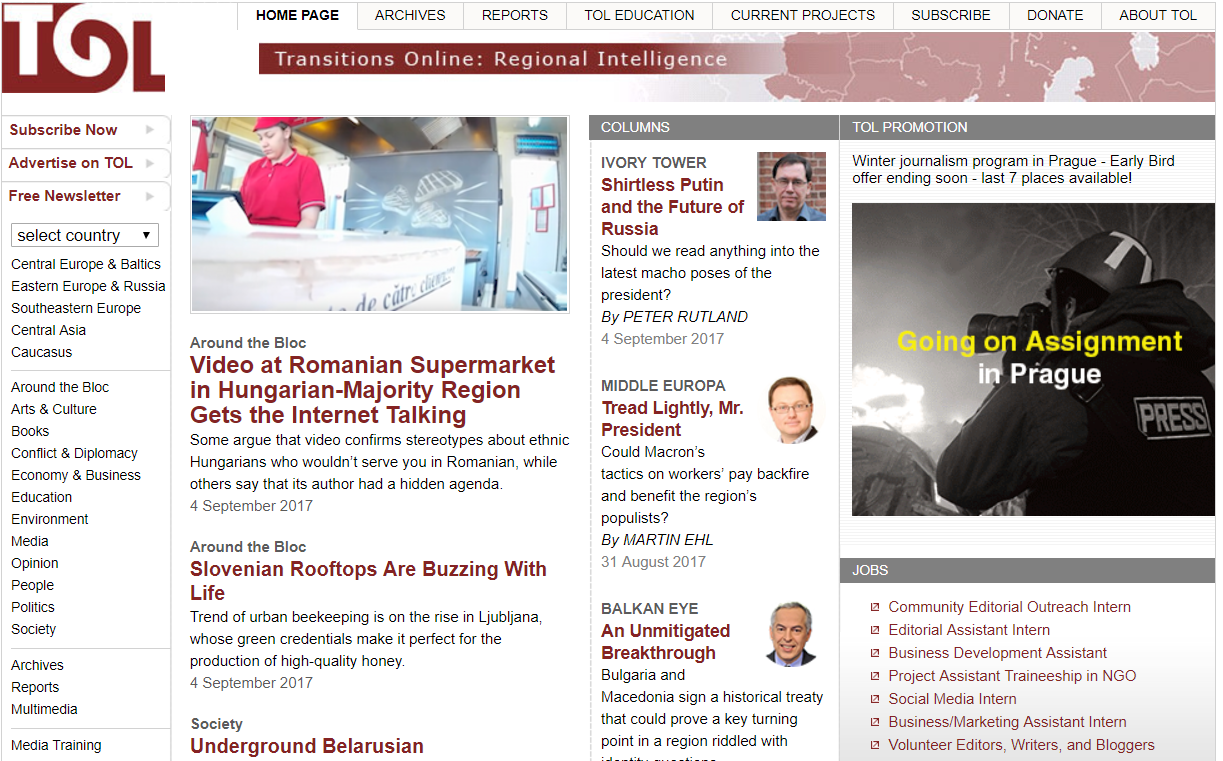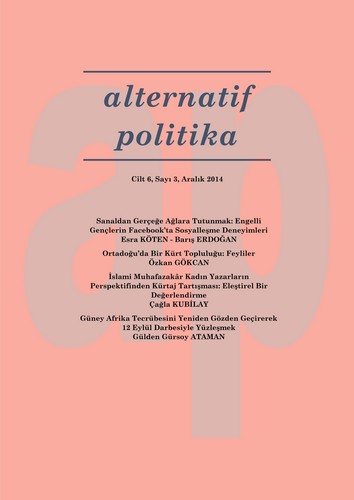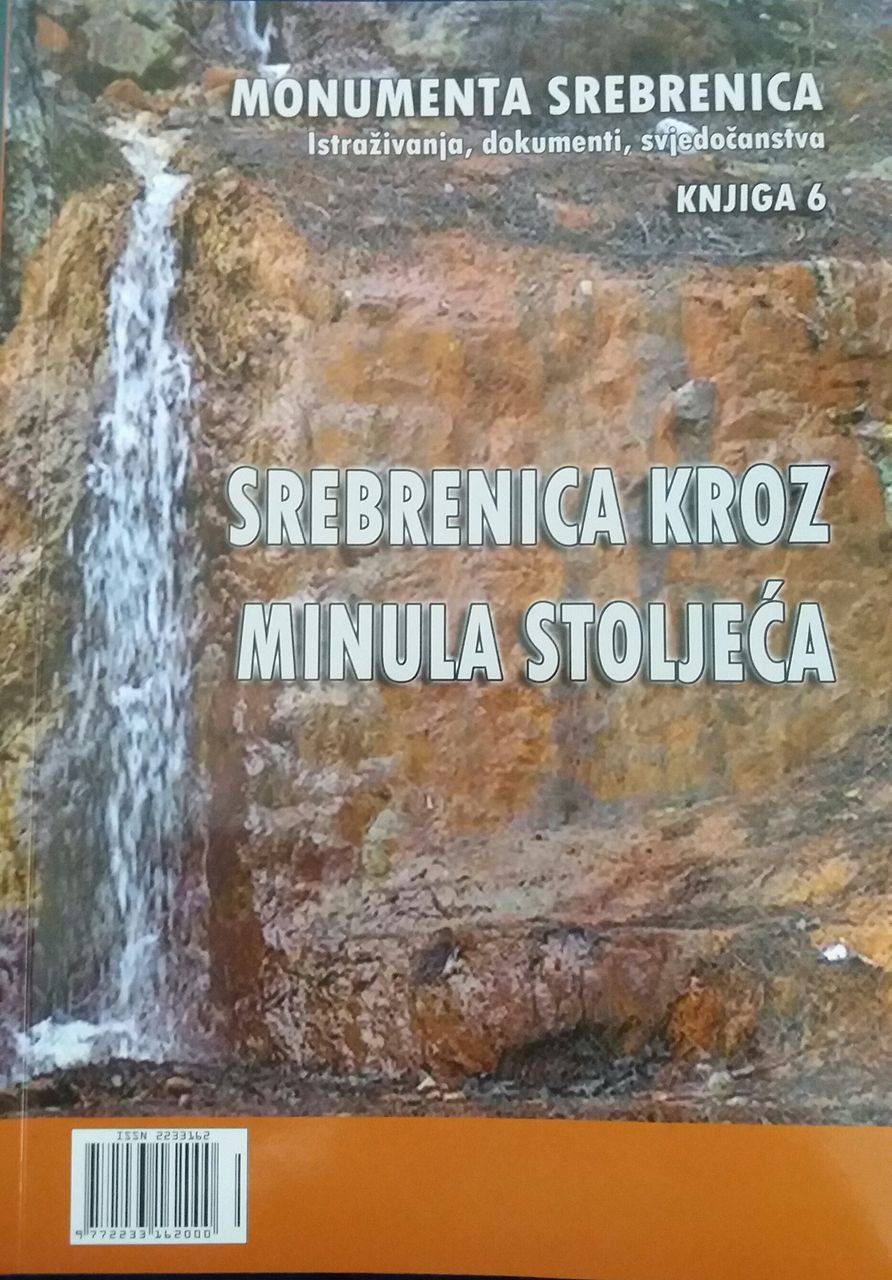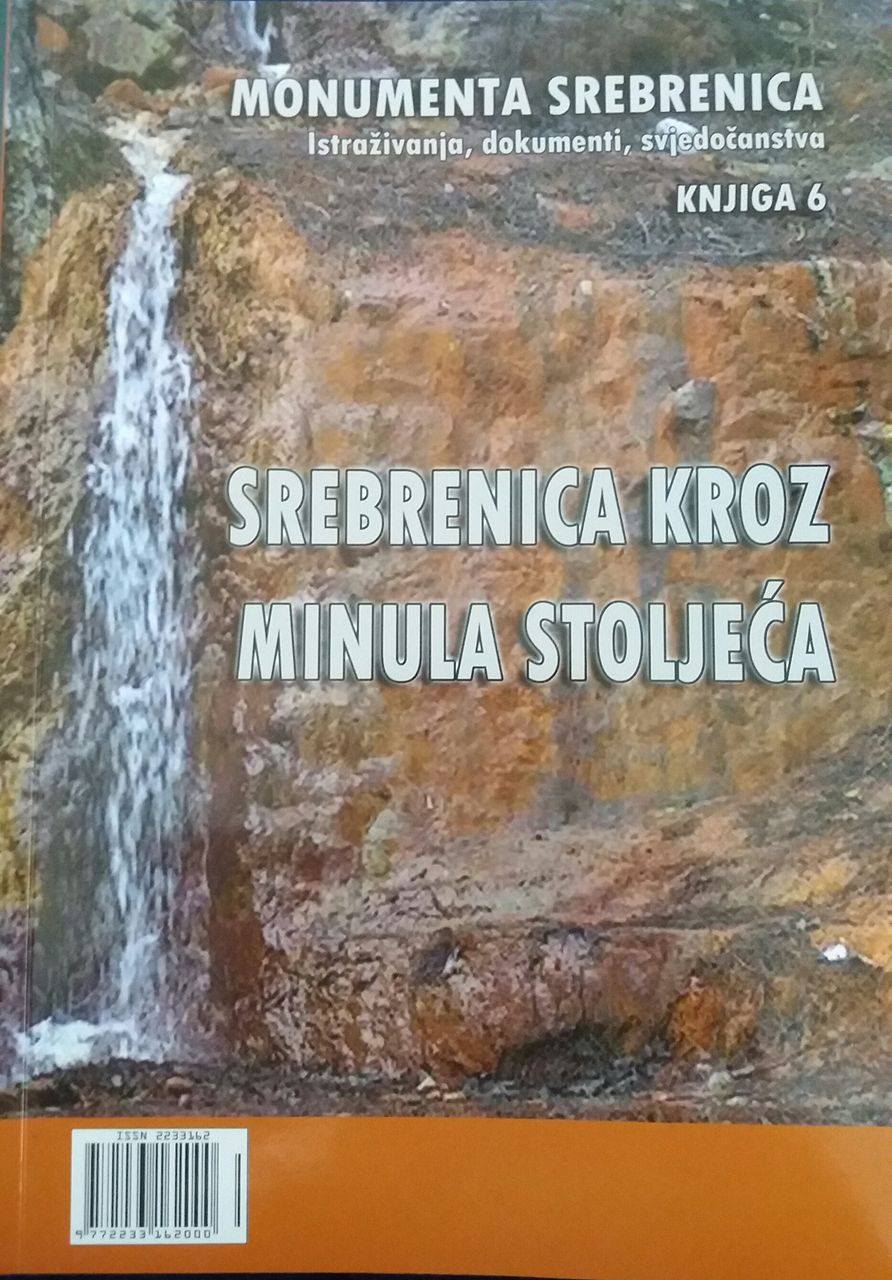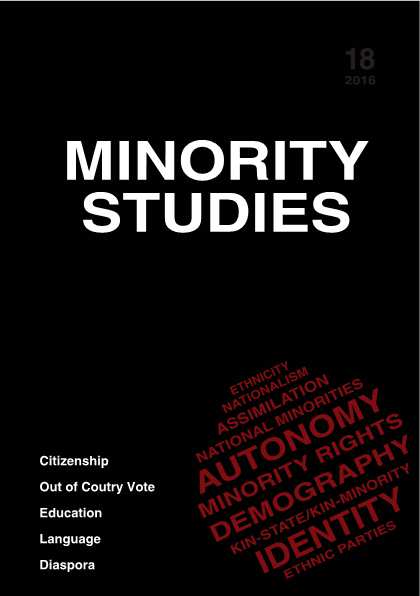
Hungary and the Transfrontier Communities
If we accept that the success/failure criteria of the Hungarian state’s strategy are to help secure the cultural reproduction of these transfrontier communities, then we are forced to conclude that success has eluded its formulators. In sum, the transfrontier communities are shrinking in size, whether through outmigration or assimilation. More seriously, they appear to have lost any strong sense of a lasting future (cf. Prague Germans after 1918, Serbs of Kosovo, Gaeltacht in Scotland). In part, this is explained by a palpable level of insecurity in these communities, to which can be added fear in some cases. Note too that the Hungarian citizenship law has not succeeded in turning this around.
More...
